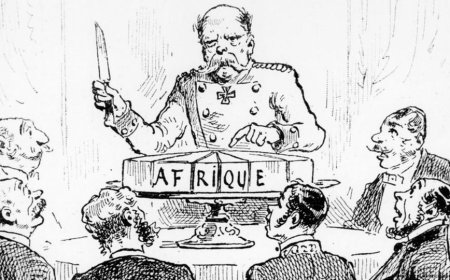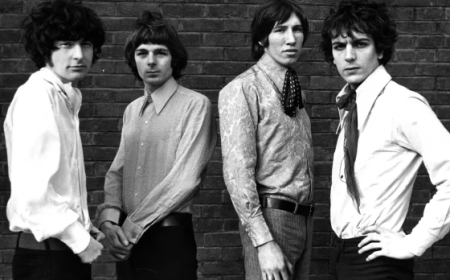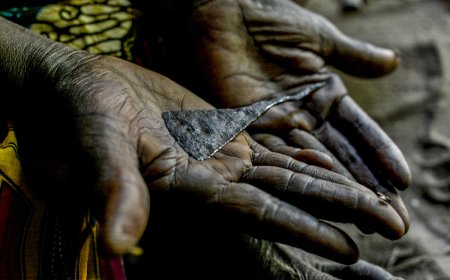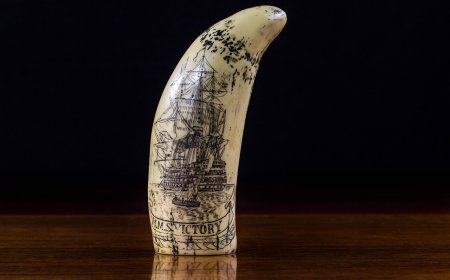Sex Pistols: a brief history of a punk comet
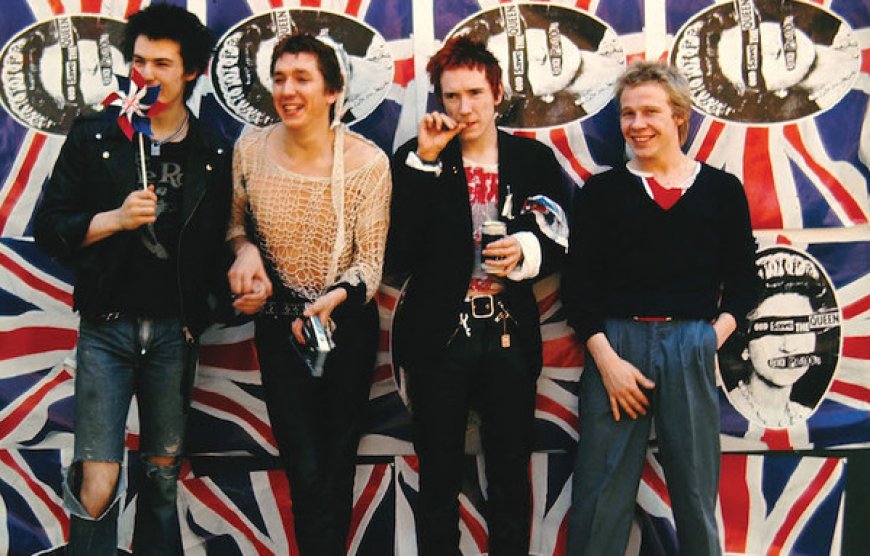
The Sex Pistols were an immensely important and influential band in the history of punk rock. They emerged in the mid-1970s during a time of social and political unrest in the UK, and their impact on the punk movement cannot be overstated. Here are some key reasons why the Sex Pistols are significant to the punk story:
The band embodied the raw and rebellious spirit of punk both musically and visually. They popularized punk aesthetics with their ripped clothing, spiked hair, and safety pins as fashion accessories. This DIY approach to style became an iconic part of the punk subculture.
Challenging the Establishment: The Sex Pistols confrontational attitude and anti-establishment lyrics struck a chord with disenchanted youth. Songs like "Anarchy in the U.K." and "God Save the Queen" criticized the British monarchy, politics, and social norms, giving a voice to those who felt marginalized and disillusioned.
The Sex Pistols exemplified the do-it-yourself (DIY) ethos of the punk movement. They were not highly skilled musicians, but they demonstrated that anyone with passion and a desire to express themselves could form a band and make music. This ethos empowered countless individuals to start their own bands and participate in the punk scene.
They brought punk rock to the forefront of mainstream attention. Their controversial behavior and media notoriety garnered significant publicity. Despite only releasing one studio album, "Never Mind the Bollocks, Here's the Sex Pistols," their influence helped ignite the punk movement both in the UK and globally.
The Sex Pistols' impact extended beyond their time as an active band. They influenced countless musicians and bands in various genres, inspiring future generations of punk, post-punk, and alternative rock musicians.
Their attitude of rebellion, nonconformity, and challenging authority became central to the punk ethos. Their "no future" nihilism resonated with the disaffected youth of the era, and punk culture became an outlet for expressing frustration with the status quo.
The band became synonymous with the punk subculture, and their imagery, such as the "Never Mind the Bollocks" album cover, the Sex Pistols logo, and their association with the Union Jack flag, became enduring symbols of punk rock.
Sex Pistols did not survive Sid Vicious's death. Vicious, whose real name was John Ritchie, joined the Sex Pistols as the bass player in early 1977, replacing the original bassist, Glen Matlock. Sid's tenure with the band was tumultuous, marked by his volatile behavior, drug abuse, and personal struggles.
On October 12, 1978, Sid Vicious was arrested and charged with the murder of his girlfriend, Nancy Spungen, in their New York City hotel room. The circumstances surrounding her death were tragic and complex. While awaiting trial, Sid was released on bail but struggled with substance abuse and emotional turmoil.
On February 2, 1979, before he could stand trial, Sid Vicious died of a heroin overdose at the age of 21. His death marked the end of the Sex Pistols, as they disbanded soon after.
While the original Sex Pistols lineup came to an end with Sid's death, the band's legacy and influence on punk rock and popular culture continue to be significant. The surviving members, Johnny Rotten (John Lydon), Steve Jones, and Paul Cook, pursued other musical projects after the Sex Pistols disbanded. Johnny Rotten, in particular, remained active in the music industry with his band Public Image Ltd (PiL).
Despite a relatively short-lived career, the Sex Pistols' influence on punk music, culture, and fashion remains profound and continues to be felt decades later. They are often considered one of the most influential bands in the history of rock music and an essential part of the punk story.




































